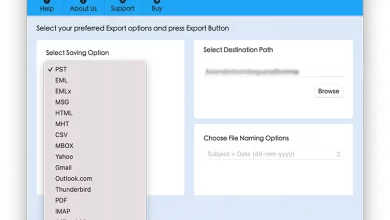
Most companies, large or small, require additional capital to meet their day-to-day business requirements. Companies usually require more capital early on and for growth prospects. In this article, we will cover the types of business loans authorized by financial institutions in India.
Types Of Business Financing Your Business Needs
Finding the right funding for your business can be difficult. There are many forms of funding (investors, grants, loans, etc.), and each has its application process and set of rules. It sounds like financing a small business should be pretty easy, but getting a loan isn’t as easy as you might think.
Working Capital Loans – Businesses use Working Capital Loans to meet their day-to-day business needs such as buying machinery/equipment, managing business cash flow, purchasing raw materials, improving inventory, payroll, etc. Working Capital Loans are mostly short-term loans with maturities up to 12 months, also known as unsecured loans, in which the borrower does not have to provide any collateral. The preferential interest rate for any mortgage for the bank is slightly higher than long-term loans or general business loans.
Letter of Credit:
A letter of credit is a type of credit used primarily by commercial enterprises in which a bank or lender provides financial guarantees to companies that trade internationally. Entrepreneurs can use letter of credit for both import and export. Companies operating overseas tend to deal with an unknown number of suppliers, so they require payment guarantees before making any transactions, so the letter of credit closes the deal. This is an important role in securing payment to suppliers.
Invoice Discounting: Invoice discounting is a finance mechanism whereby the seller receives a discounted advance from the lender. To do this, the buyer must contribute in the form of interest to increase the income of financial institutions. In the form of interest payments and monthly payments.
Overdraft Loan:
An overdraft loan is a type of financing provided by a bank to account holders to withdraw cash from their account. Even if the account balance is zero. Interest is accrued only on the amount used from the authorized limit. And the authorized credit limit depends on the relationship of the account holder with the bank, credit history, cash flow, and payment history. Overdraft limits are reviewed annually and can be used in any way provided that interest is paid on time. Overdraft is provided on collateral or securities, especially on FD with a bank.
Term loan: A term loan is a loan that must be repaid at specific intervals over a specific period. Term loans are divided into short-term and long-term. The payment terms for these two types range from 12 months to 10 years. Loans with a shorter maturity of 12 months are called short-term loans. While loans up to 10 years are called long-term loans. The maturity of the loan is determined by the lender when applying for the loan.
From now on, you should have a rough idea of the types of business financing offered by lending institutions in India. Business loans can be availed at attractive nominal interest rates with flexible and easy EMIs.





